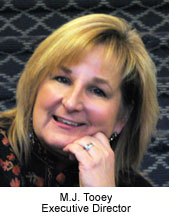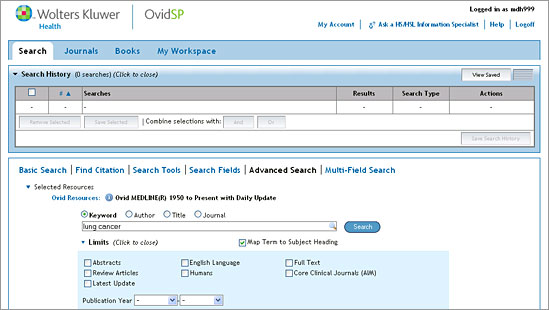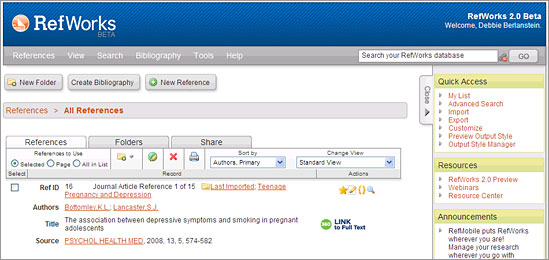
This has been quite an active summer in the debates over publisher pricing, data sharing, and public access to federally funded research.
- The summer began with the well-publicized dispute regarding the University of California System Libraries and Nature Publishing Group (NPG). The situation arose when the UC libraries were presented with a 400% increase to the cost of their system-wide site license to the 67 journals published by NPG – including their flagship title, Nature. This increase would boost the price per journal at UC from $4,500 to more than $17,000 per title. Faculty at the UC System has rallied behind the libraries in protest of this increase. More details can be found in this article from The Chronicle of Higher Education. At the HS/HSL and University System of Maryland and Affiliated Institutions Library Consortium, we are closely monitoring this situation.
- In October 2010, the National Science Foundation (NSF) will begin mandating the submission of a data management plan with all proposal submissions. More about this policy change is available at the NSF website. Later this summer, CIO and Vice President for Computing and Information Technology Services, Peter Murray; Vice President for the Office of Research and Development, James Hughes; and I will be meeting to discuss potential approaches to this mandate. Data curation and access will continue to be important issues as it is expected other federal agencies will eventually follow suit.
- Finally, discussion continues regarding public access to federally funded research. Since 2008, the National Institutes of Health (NIH) has mandated the submission and depositing of articles into PubMed Central when the research upon which the articles are based has been funded by the NIH. The Federal Research Public Access Act, which was introduced in the Senate on June 25, 2009 and in the House of Representatives on April 15, 2010, would require that 11 U.S. government agencies with annual extramural research expenditures over $100 million make manuscripts of journal articles stemming from research funded by that agency publicly available via the Internet. On July 29, the Information Policy, Census and National Archives held the first-ever hearing on the issue of public access. Ten witnesses representing a broad spectrum of the stakeholder communities testified. The spirited testimony can be found at the Republican Members of the House Committee on Oversight and Government Reform website.
These are all items of interest to our scholarly community. Throughout the year, HS/HSL staff will be monitoring progress (or lack thereof) on these topics. If you have any thoughts on, or would like to discuss any of these issues, give me a call at 410.706.7545 or send me an email.






